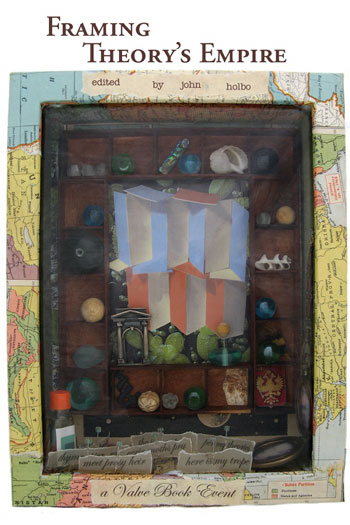This talk of Theory’s Empire brings to mind a classic article by one of my teachers, Michèle Lamont. Written at what John describes below as the high tide of Theory in literary studies, “How to Become a Dominant French Philosopher: The Case of Jacques Derrida” tackles the question of how Derrida managed to become so important in both France and the United States. The abstract:
bq. How can an interpretive theory gain legitimacy in two cultural markets as different as France and the United States? This study examines the intellectual, cultural, institutional and social conditions of legitimation of Jacques Derrida’s work in the two countries and develops hypotheses about the legitimation of interpretive theories. The legitimation of Derrida’s work resulted from a fit between it and highly structured cultural and institutional systems. In France, Derrida capitalized on the structure of the intellectual market by targeting his work to a large cultural public rather than to a shrinking group of academic philosophers. His work appealed to the intellectual public as a status symbol and as a novel and sophisticated way to deal with late 1960s politics. In the United States, Derrida and a group of prestigious literary critics reframed his theory and disseminated it in university departments of literature. His work was imported concurrently with the work of other French scholars with whom he shared a market. Derrida’s support is more concentrated and stronger in one discipline than the support for other French intellectuals. In America, professional institutions and journals played a central role in the diffusion of his work, while cultural media were more central in France.
